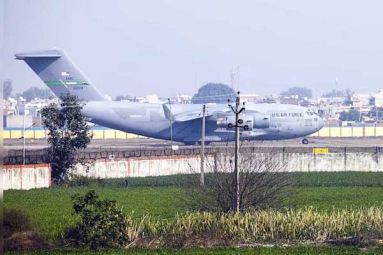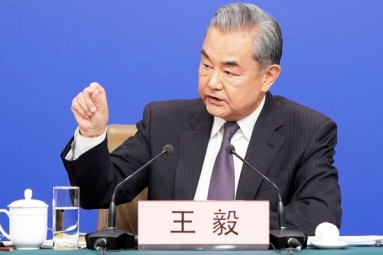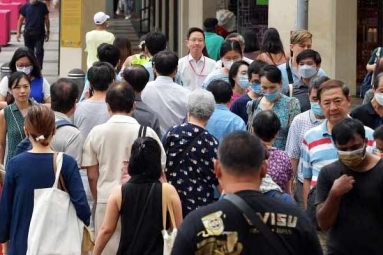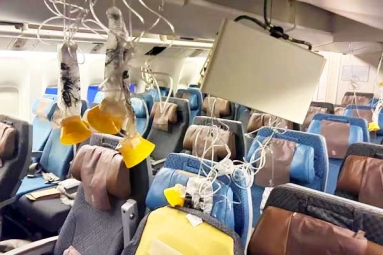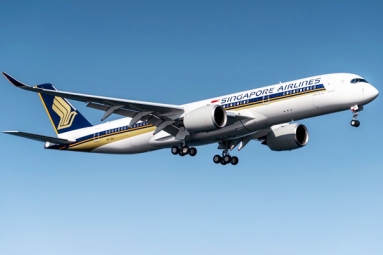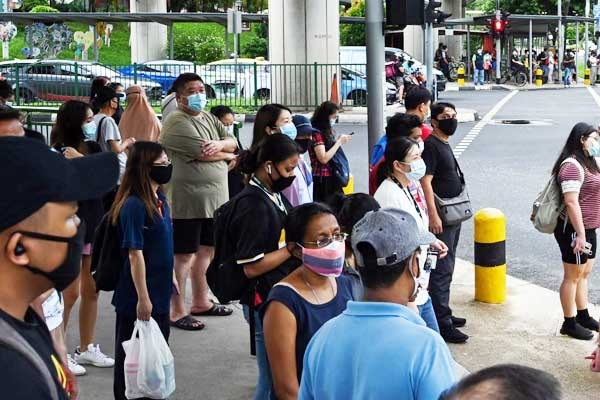
(Image source from: Thedailyguardian.com)
As days go by, Covid protocols are being forgotten, but Covid is not going away. Reports show that Singapore is now experiencing a new wave of Covid-19 cases, with 25,900 cases recorded from May 5 to 11. Health Minister Ong Ye Kung has advised the public to resume wearing masks. Ong stated that the wave is still on the rise and is expected to peak in two to four weeks, around mid- to end of June. The Ministry of Health has shared data indicating a significant increase in Covid-19 cases from 13,700 to 25,900 in just one week, with hospitalizations also rising from 181 to about 250. To manage the hospital bed capacity, public hospitals have been instructed to reduce non-urgent surgeries and transfer suitable patients to transitional care facilities or the Mobile Inpatient Care@Home program, which provides hospital-level care at home.
Singaporeans who have not received a COVID-19 vaccine in the past year can receive an additional dose at healthcare facilities. Despite Singapore's healthcare system being able to handle 500 COVID-19 patients if cases were to double, a second doubling to 1,000 patients would strain the system significantly. To prepare for this potential scenario, the healthcare system must be ready. There are currently no plans to reintroduce social restrictions or mandatory measures for COVID-19 in Singapore, which is treated as an endemic disease. Any additional measures would be a last resort. As a global transport and communications hub, Singapore is likely to experience COVID-19 waves earlier than other cities. COVID-19 is expected to be a part of life in Singapore, with one or two waves each year.
A new variation of COVID-19, FLiRT, has emerged alongside a surge in cases in Singapore. This variation is represented in over two-thirds of cases in the country, with one variation, KP.2, being classified as a monitored variant by the World Health Organization. However, the Ministry of Health has stated that there is no evidence to suggest that either KP.1 or KP.2 are more transmissible or severe than other circulating variants, both locally and globally. Those who have not yet received a COVID-19 vaccine within the past year are urged to do so to protect against current and future strains. While about 80% of the local population has received their initial or additional dose, many have not received a dose within the past year. The COVID-19 vaccines have consistently proven to be safe and effective in preventing severe illness since their introduction in 2020-2021. Billions of doses have been administered globally, with international safety monitoring confirming their safety. The Ministry of Health has emphasized that there have been no long-term safety concerns with COVID-19 vaccines, and any adverse effects, including those from mRNA vaccines, typically occur shortly after vaccination.







